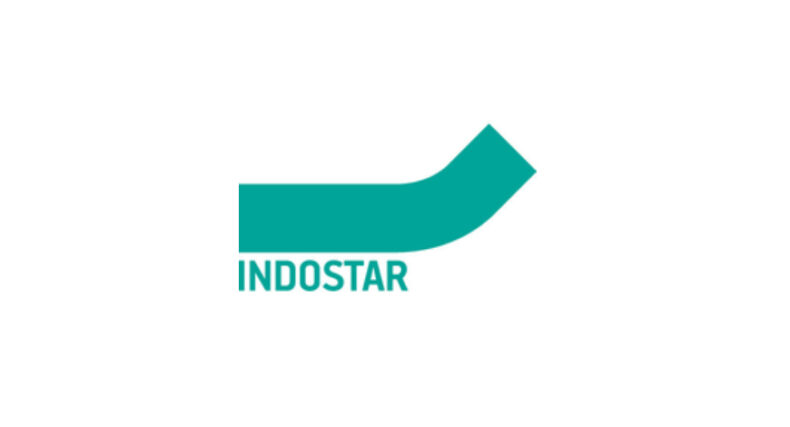IndoStar Capital Finance, a non-banking financial corporation (NBFC) that announced losses for the quarter ending March 31, has generated bad buzz recently, notably over its incapacity to continue as a going concern. The resignation of its chief financial officer, Kapish Jain, just two months after he joined the firm, has further added to the company’s woes.
IndoStar Capital Finance, a non-banking financial corporation (NBFC) that announced losses for the quarter ending March 31, has generated bad buzz recently, notably over its incapacity to continue as a going concern. The resignation of its chief financial officer, Kapish Jain, just two months after he joined the firm, has further added to the company’s woes.
Five debt mutual funds have more than 2% of their portfolio exposure to these products. Baroda BNP Paribas Low Duration Fund, PGIM India Low Duration Fund, Baroda BNP Paribas Ultra Short Duration Fund, SBI Magnum Income Fund, and Franklin India Floating Rate Fund are among them. Baroda BNP Paribas schemes have invested in the NBFC’s commercial papers, while others have exposure to corporate loan papers with maturities in 2022 or 2024.
Axis Ultra Short-Term Fund, SBI Magnum Medium Duration Fund, and ABSL Low Duration Fund are among the schemes with more than 50 crore exposure to IndoStar’s loan papers (either floating rate or corporate debt papers).
CareEdge Ratings rates commercial papers as A1+, the highest rating for short-term papers, and corporate debt papers as AA-, which is lower than the maximum AAA rating. It is worth noting that these instruments have not been de-rated in the last three fiscal years. IndoStar Capital, a car loan provider, reported a net loss of 754 crores in the March quarter, compared to a net loss of 317 crores the previous year. Its March quarter results were delayed owing to an audit assessment. The company’s auditor indicated that as of 31 March 2022, its total liabilities exceed total assets expiring within 12 months by 2,206 crores and that there is a serious uncertainty that may throw significant doubt.
CareEdge Ratings rates commercial papers as A1+, the highest rating for short-term papers, and corporate debt papers as AA-, which is lower than the maximum AAA rating. It is worth noting that these instruments have not been de-rated in the last three fiscal years. IndoStar Capital, a car loan provider, reported a net loss of 754 crores in the March quarter, compared to a net loss of 317 crores the previous year. Its March quarter results were delayed owing to an audit assessment. The company’s auditor indicated that as of 31 March 2022, its total liabilities exceed total assets expiring within 12 months by 2,206 crores and that there is a serious uncertainty that may throw significant doubt.
Referring to this, as well as Indostar’s high capital adequacy and decent debt-to-equity ratios, a spokesperson from one of the MF houses stated that they are confident that the company’s debt default is unlikely for the time being and that they will wait for the results for the quarter ending June 2022 before making a decision on the investment exposure. The findings should be available next week.
Most of the fund houses indicated above are believed to have engaged in the company’s debt paper repurchase offer. The details of the offered instrument, the price, and the time period of cash flows are not accessible.
Financial professionals have taken a similar attitude. “Investors may wait till the Q1 numbers are released since the financial performance of the firm would be clearer,” Dilshad Billimoria of Delzer Consultants, a Sebi licensed investment advisor, said. Investors should also look for the cash position held by these schemes to ensure that there is no negative impact — similar to what we saw with Franklin Templeton — in the event of a redemption amount from these funds.”












